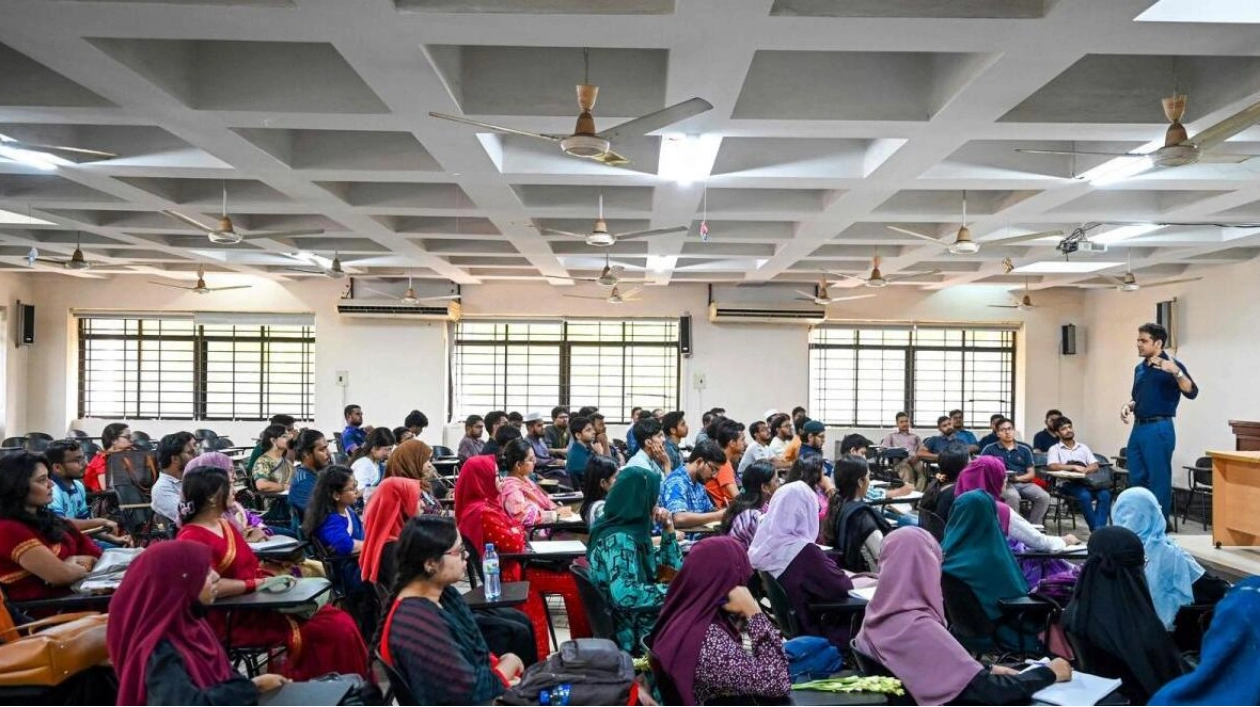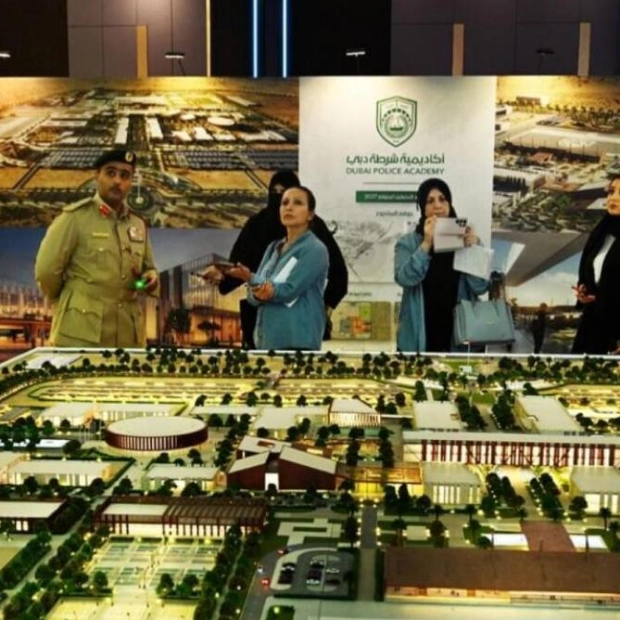Students resumed their studies at Dhaka University in Bangladesh on Sunday, following a prolonged closure triggered by a student-led uprising that led to the downfall of autocratic Prime Minister Sheikh Hasina. Tens of thousands of demonstrators gathered both on campus and in the nearby Shahbagh neighborhood, as protests initially centered on job quotas evolved into a nationwide movement aimed at ending Hasina's 15-year authoritarian rule. In response to the escalating protests in July, authorities closed the university as part of a broader crackdown that resulted in hundreds of casualties. Several key student protest leaders were enrolled at the university, some of whom were apprehended by plainclothes police and detained for several days.
On Sunday, the lecture halls were bustling once more, with students engaging in lively conversations along the tree-lined pathways and purchasing refreshments from campus canteens. 'I feel so much better coming back to class after a long time,' said Arpita Das, a political science student. 'It was like a new students' reception as our teacher welcomed us in class with flowers.' Das recounted her experience during a violent clash on campus in July, where protesters and students supporting Hasina's Awami League party engaged in fierce battles using rocks, sticks, and iron rods.
'We were used to the routine of going to classes, study, and exams,' she said. 'We were in so much uncertainty about whether we could resume class again and complete our studies,' she added. According to Assistant Proctor Mohammad Mahbub Quaisar, who was appointed after previous administrators loyal to Hasina resigned, classes had restarted in all but four or five departments. 'Students are attending in a joyous mood,' he noted.
Hasina's government faced accusations of widespread human rights abuses, including the mass detention and extrajudicial killing of political opponents. A preliminary United Nations report stated that over 600 people were killed in the weeks leading up to Hasina's ouster in early August, a figure that the report suggested was likely an underestimate. Since her departure to exile in neighboring India, cabinet ministers and other senior members of Hasina's party have been arrested, and her government's appointees have been removed from courts and the central bank.
In the vibrant streets of the Shahbagh neighborhood, new murals painted in bright colors encourage the public to 'destroy the iron doors of prison' and celebrate Bangladesh's 'rebirth.' 'It was like we were in an oppressive era when we could not say anything,' said 25-year-old masters student Kalimulla Al Kafi, reflecting on Hasina's crackdown. 'Today it feels like I am attending classes with freedom.' 'We can express ourselves freely.'






